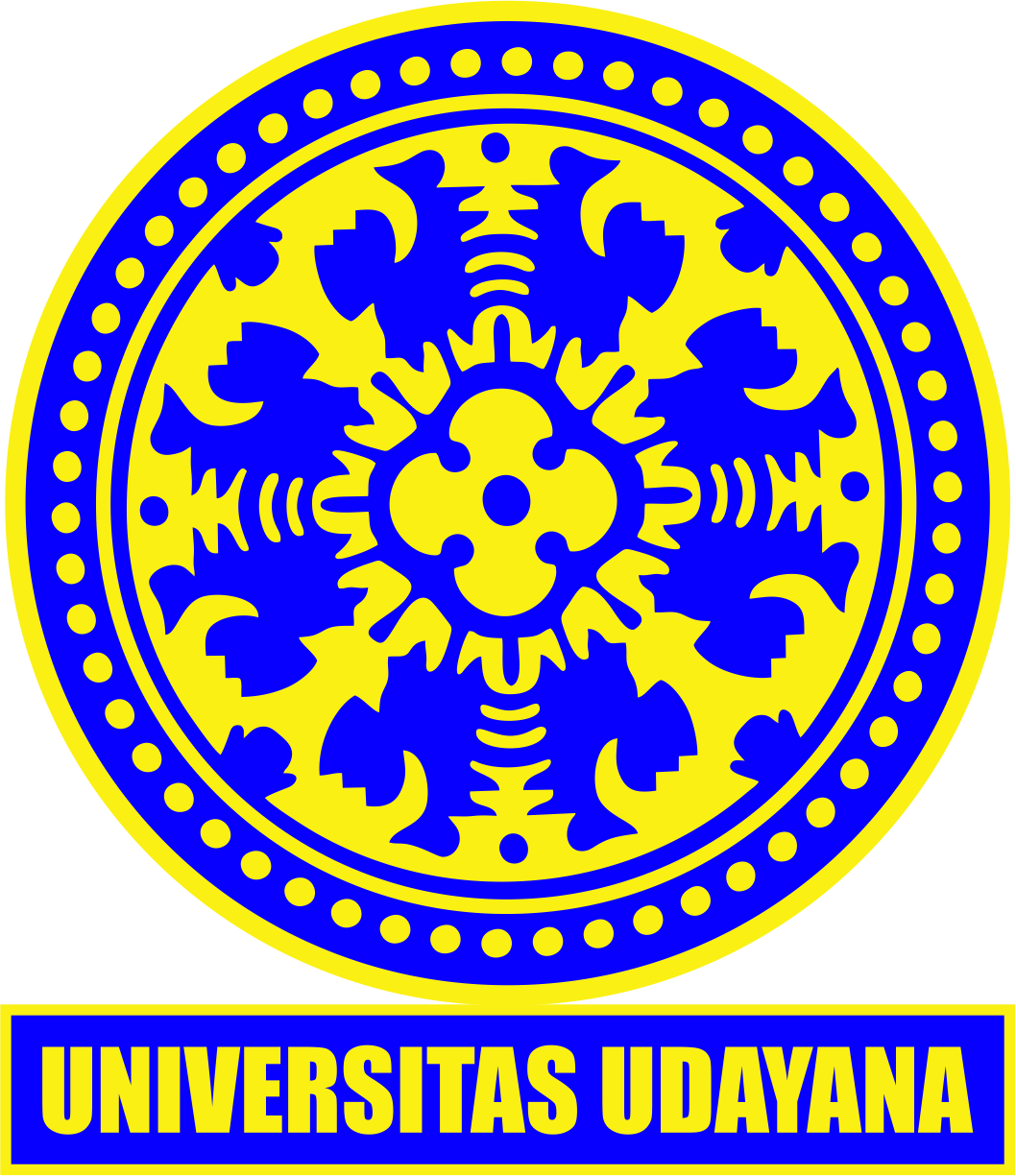Background
Achieving carbon neutrality is a goal that demands global cooperation and collective effort. Mangrove forests, a vital component of blue carbon ecosystems, are renowned for their exceptional carbon sequestration capabilities, which are 3-5 times greater than those of temperate forests. The Indo-West Pacific region including East Asia is where the most diverse mangroves grow naturally, and its distribution area is gradually expanding and migrating with climate change. Elsewhere on the Korean Peninsula, is located in the northernmost subtropical climate area of East Asia and impacted by the Kuroshio Current in the Western Pacific Ocean, the distribution of subtropical plants has been consistently observed. Currently, two species of semi-mangrove, Hibiscus hamabo and Paliurus ramosissimus, are already thriving habitats in coastal areas, with their distribution and range expanding incrementally. A recent predictive study was conducted to demonstrate the possible expansion of this distribution of subtropical plants in East Asia, as well as the merits of propagating non-native mangroves in Korea as a climate change solution. If deemed successful, an opportunity would be opened for sharing these solutions with other stakeholders in the Asia-Pacific who may want to adopt their own local implementations of similar solutions as part of a wider regional climate change mitigation and adaptation strategy. Although there are no mangrove forests in Korea, several mangrove restoration projects are underway through Official Development Assistance (ODA) activities in select countries in Asia, and Korea Forest Service is expanding international forest cooperation to respond to climate change and achieve carbon neutrality.
Our current project focuses on evaluating the potential for success of propagating non-native mangrove species in order to enhance carbon absorption in coastal areas. We are aiming to build an interdisciplinary research foundation for mangrove forestry by encouraging increased between international and local organizations. Below is a summary of our research goals and plan:
Research goals
- Evaluate the possibility of introducing mangroves and their location-specific characteristics.
- Develop propagation techniques and build a foundation for major mangroves.
- Assess mangroves’ carbon-uptake capabilities and work towards developing a standard valuation method of their net environmental contributions.
In addition to our ongoing research activities, we are excited to organize a practical workshop in Korea that bring together experts, researchers, and stakeholders involved in mangrove restoration. This workshop will specifically focus on new projects related to restoration and carbon dynamics within the realm of natural science.
Objectives of the workshop
- Knowledge sharing: Present findings from our current research and learn from international experience, emphasizing restoration techniques and carbon dynamics.
- Collaborative network: Establish a robust network for future research collaboration and project implementation, focusing on restoration and carbon dynamics.
- New research brainstorming: Facilitate brainstorming sessions to generate innovative ideas and practical training on mangrove restoration and management techniques.
- Conduct hands-on training: Provide hands-on training sessions to local practitioners and researchers on the latest ecological data analysis techniques.
- Joint summary literature: A written resulting from these collaborations, combining both natural- and social-science disciplines that provides possible next steps for public policy development around sustainable mangrove ecosystem management.
Expected outputs
- An international research network: Establish a knowledge-exchange and collaboration for carbon dynamics and restoration research, specifically focusing on mangrove forest ecosystems and their interplay with biodiversity.
- Share insights and collaborative research opportunities: By bringing together diverse stakeholders, including researchers, policymakers and practitioners, the event creates opportunities for building partnerships, initiating joint projects and fostering ongoing collaboration.
- Addressing social issues and solutions: The workshop serves as a platform to address social issues related to blue carbon. Discussions and presentations will focus on identifying challenges, sharing innovative solutions and exploring policy measures that promote the sustainable management and conservation of blue carbon ecosystems.
- A joint scientific paper: As a post-workshop long-term goal, engage participants in collecting contributions for a scientific paper that combines the knowledge and expertise of their respective communities on the topic of sustainable mangrove ecosystem management. This article will reflect an interdisciplinary approach of the combined natural and social sciences to offer both practical and relevant recommendations to the policy community.
























